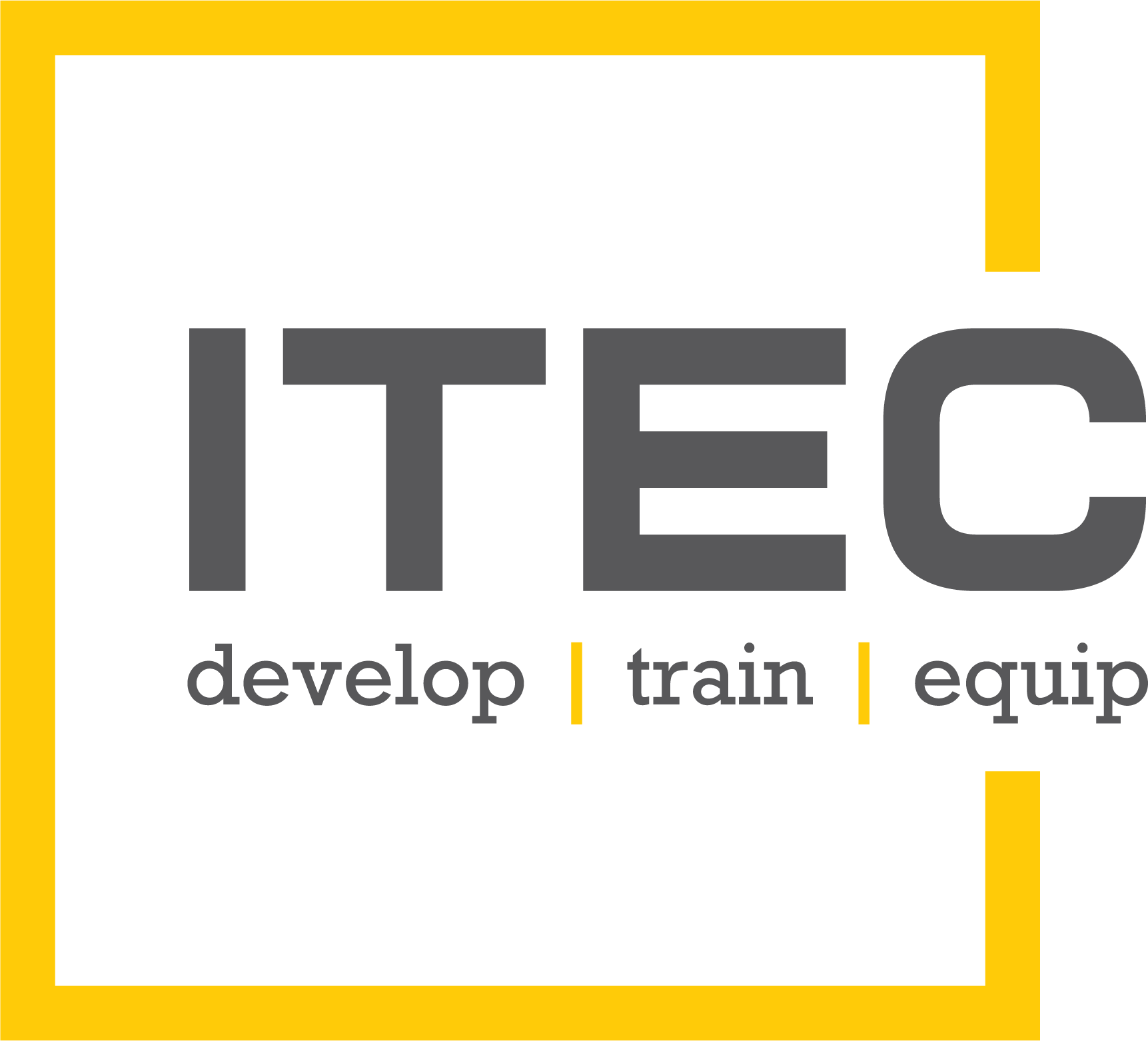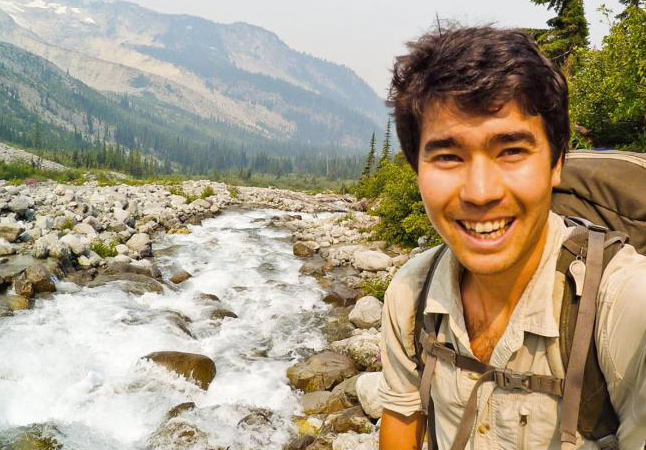John Allen Chau | Steve Saint Reflections
Must We Obey? At What Cost?
"God works in mysterious ways His wonders to perform. He plants His footsteps on the waves and rides upon the storm. His purposes will ripen fast unfolding every hour. The bud may have a bitter taste but sweet will be the flower. Blind unbelief is sure to err and search His ways in vain. God is his own interpreter, He will make it plain." - William Cowper
A total stranger suddenly blurted out, "Your father didn't need to die." The comment caught me totally by surprise. Why would a handsome young man with a loving wife, three adoring children and most of his life ahead of him, needlessly risk his life for just a handful of savages? The thought flashed through my mind that dad and I could have been together at the huge international aviation event I was attending if he had not been killed. Just then I caught sight, out of the corner of my eye, of one of my dearest friends in the world. He was attending the Oshkosh fly-in with me. With that one glimpse, reason came rushing back. If dad had not died, this dear old friend who my children call 'grandfather' would almost surely not have lived to be a Grandfather. The stranger who had accosted me was telling me that the violent tribal people who had brutally speared my dad to death were a matriarchal society. Women should have been sent in to contact them. I interrupted him to introduce him to Mincaye who was now standing by us. "I would like to introduce you to my dear friend 'grandfather' Mincaye. He and several of his fellow Waodani warriors are the ones you were just mentioning who killed my father!" I thought about mentioning that my dad's sister Rachel Saint, documented in her journal that Mincaye had threatened to spear her to death as well. Aunt Rachel and Betty Elliot, whose husband Jim was killed with my dad, went in to live with Mincaye's tribe just two and a half years after they speared dad, Jim, Roger, Pete and Ed to death. The man looked sufficiently shocked. I decided to just ask him if he had anything he would like to ask 'Grandfather' Mincaye. He apparently did not. He disappeared into the crowd of people gathered around the plane where Mincaye and his fellow tribesman Tementa were demonstrating how they could use an airplane as a flying dental or medical clinic to meet serious physical needs of their tribe.
The Unfolding Story
Listening to NPR a few days ago I was surprised to hear that another young man was killed by a very small band of isolated people living on a small island off the coast of Thailand. India claims sovereignty over the island. They apparently, however, do not offer the islands small group of inhabitants even basic services. That Is considered a violation of their human rights by the United Nations, I believe. But that isn't the point. When the unfolding story identified John Allen Chau as a missionary, I was even more surprised that he wasn't immediately denounced and excoriated as a misguided adventure seeker willing to risk infecting this small, isolated indigenous people group with diseases they had no natural immunological defenses against. Those criticisms caught up within hours. What surprises me most about the killing of John Allen are the criticisms coming from people identifying themselves as Christians. My mother made several comments while I was growing up about people being angry with my dad, Nate, getting himself killed by the "Auca Indians." Just before mom died I came under some fairly severe criticism for helping to make the movie, End of the Spear. It tells the now famous story that began with my dad and his four friends who were killed in 1956 when I was just a boy. I asked mom, "Why would anyone have been upset with you widows when your husbands had just been brutally killed? They willingly risked their lives and refused to use their guns when they were attacked!"1956 Motives Questioned
My mom explained to me that some Christians were angry because the five men hadn't planned better. Some actually suggested that they should have just dropped Bibles to the Waodani rather than risking their lives in a face to face contact." They must have assumed that the Waodani, who had an unwritten language would miraculously be able to read English Bibles. Some people, like many now, questioned why missionaries don't just leave happy, innocent people living in Eden-like societies alone. Dabo, a Waodani warrior told two anthropologists the answer to that question. If the 'cowodi,' outsiders, had not told us about the better way to live, "There would have been none of us left," Another anthropologist who studied the Waodani identified them as having a 60% homicide rate. They were a society of death. My mother told me that the primary recurring criticism she and the other 4 widows received went something like this. "Now that you all have gone out and gotten yourselves killed, who will ever want to be a missionary." Surprisingly, thousands of people have told me personally that the story God wrote with my dad and his four friends lives has motivated them to dedicate their lives to service for others.Learning More About Chau
Three days after the death of John Chau on a North Sentinel island was reported, a friend and fellow missionary kid stopped by for a visit. Paul had taken a course on Church Planting with John. A mutual friend works at the headquarters of the missionary sending agency that John Chau worked with. I talked to her about John. John had also corresponded and talked to an engineer working with ITEC (Indigenous People's Technology and Education Center). He wanted to see if he might be able to use UAVsin his attempt to make friendly contact with the Sentinelese group that killed him. It quickly became clear to me that John had felt compelled for years to contact the small isolated Sentinel Island group like my dad had about the Waodani. Dad and John Chau took what they understood to be God's mandate seriously. To that end, John studied linguistics, anthropology and emergency medicine. Knowing that what he was going to do could cost him his life, he stayed away from romantic entanglements. John explained what he felt God had called him to do to his parents. He apparently wanted them to know that it might cost him and them his life.Legalities and Quarantine?
But what about the government prohibition against contacting this isolated people group? The government themselves appear to have attempted to make contact. In that attempt, it is reported that the people on the island shot arrows at the menacing helicopter. There is also a report that National Geographic attempted a contact. For Christ-followers, should safety and governmental prohibitions be our primary concerns? What if men make laws that contradict Christ's instructions? Peter, one of Christ's disciples was arrested and told by the religious and political authorities, not to tell people about Jesus and his teachings. But Peter replied, "Do you think God wants us to obey you rather than him? (Bible, Acts of the Apostles 4:19 NLT) In John Chau's journals, I was told that he was concerned that his attempted contact should not risk infecting the island inhabitants with diseases that he might unknowingly carry with him. John's quarantine plans or the legality of his plans for contacting this isolated group are not what motivated me to evaluate this young man's actions which cost him, his family and friends his life. What motivates me to consider John Chau's actions is whether his attempt to make contact was justified by his commitment to follow Christ and Biblical mandates.Our Calling
Christ clearly told his disciples to take his offer of forgiveness to everyone everywhere, and to make disciples in all nations (Matthew 28:18-20, Mark 6:15-16, Luke 24:44-46, and John 20:21 NLT). We Christ-followers are told by Peter to live as free men but not to use our freedom as a pretext for evil (1 Peter 2:16). Christian missionaries have caused harm to people they should have served. Christian missionaries have lorded it over tribal peoples. We have at times unwittingly infused our culture into Christ's Gospel. We should repent our mistakes and determine not to repeat them. But do our mistakes release us from Christ's command to make His gospel available to everyone everywhere? The answer is NO! Is there a price to pay? YES. I understand that cost personally. William Cowper wrote words I cannot forget. "God works in mysterious ways His wonders to perform. He plants His footsteps on the waves and rides upon the storm. His purposes will ripen fast unfolding every hour. The bud may have a bitter taste but sweet will be the flower. Blind unbelief is sure to err and search His ways in vain. God is his own interpreter, He will make it plain." Before his death, my dad wrote in his journal that those of us who follow Christ must consider ourselves expendable. We must go. We don't have to come back. Given the choice of doing life over, I would not wish my dad back. I believe we are best off to " let God Write Our Story." Dad's friend Jim perhaps said it best..."He is no fool who gives what he cannot keep to gain what he cannot lose."
Learn More about Steve Saint
Give Where Needed Most


